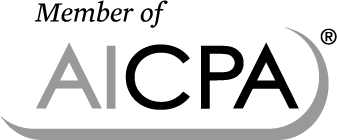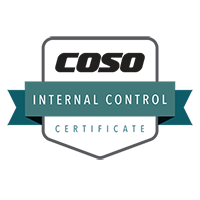Controllership–the top-dog function in accounting. The center of a business’s operations and managerial accounting. Proactive, not reactive. Value and insight in decision-making processes. Can your business move upward and forward without a controller?
Controllership.
A while back, I met a gentleman and he inquired about the nature of most of my accounting experience. When I responded with “I have tended to serve as a controller,” his immediate response was “you need a better pitch if you want to control someone’s business.” Unfortunately, such a reaction is not uncommon, because controllership is a subject misunderstood by a lot of business owners, and so they take the word at its more literal meaning. A controller doesn’t “control someone’s business,” but they do have significant knowledge and insight as to its operations, performance, direction, and remain strategically driven. Their reach extends into nearly every facet of a business. Their eyes are on the future, not just the past and present.
In a large corporation, you have various financial and accounting roles, including the very well known CFO title. What is not as commonly known is that within these same corporations, and in many small businesses, a controller exists. Simply put, the controller is the top-dog accountant, responsible for managing and overseeing everything associated with accounting matters. Accordingly, the reach of a controller can be extensive, which is why I say they are well suited to help steer your company forward and upward–toward financial success and away from risk.
In small businesses that have controllers, it is not uncommon for the controllers to assume the very same functions that are served by CFOs and Treasurers in larger organizations. This includes working heavily with the CEO/owner, integrating with every department, devising and implementing company strategies, managing cash flows and leveraging debt as necessary, budgets and pro-formas, information systems and new technology, internal controls, back-office structure, human resources matters, and so on. As you can likely now imagine, a controller plays a very significant and vital role in any company. But you are also probably thinking such an individual is well beyond the financial reach of your business.
No doubt, a good, full-time controller will cost a chunk of change. In fact, according to salary.com, the median controller base salary is $186,909 (as of November 28, 2017), which is in line with what I have personally seen among companies, including small businesses.
Yet, CPA firms are increasingly providing virtual controllership services as an on-staff controller, but at a fraction of the cost since the services are tailored to your specific business and time needs. You gain the advantage of having a controller involved in your business, even if the independent controllership relationship only continues until your company is large enough to necessitate a full-time staff position.
I welcome the opportunity to discuss how independent controllership services may be an ideal fit for your company.

Steer your company toward success and away from risk. Set your eyes on a bright and appealing horizon.
SC – (843) 473-3244
MI – (231) 715-3880
PO Box 2008
Petoskey, MI 49770


